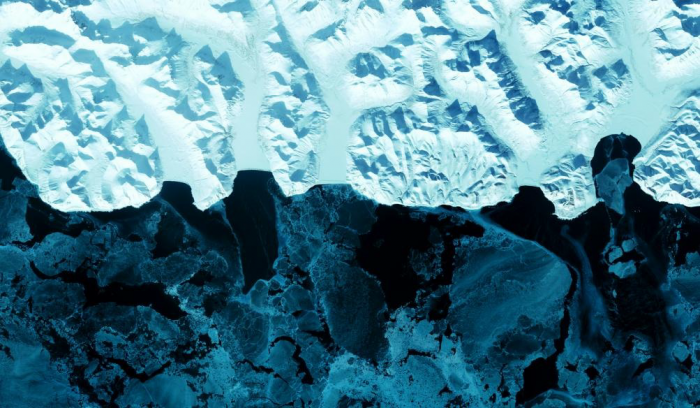Submitted by Ronnie Hall on
To read the whole briefing online or to download a pdf version please go to geoengineeringmonitor.org
The DEveloping country Governance REsearch and Evaluation for SRM (Degrees) Initiative’s stated aim is to facilitate the participation of countries in the Global South in research relating to the deployment and governance of solar geoengineering, referred to as Solar Radiation Management (SRM).
However, the Initiative’s staffing and grant-making structures are more reflective of an organisation based in the Global North imposing its research agenda onto the Global South. Its team, board and volunteers are dominated by members of the Global North research community, and the Global North is also strongly represented in terms of the authors of the research produced with the support of the Initiative. Furthermore, The Degrees Initiative is predominantly funded by foundations run by technology and finance billionaires based in the Global North, some of which also fund open-air experiments and the commercialisation of geoengineering technologies. These foundations are driving solar geoengineering research and undermining efforts to ensure that SRM technologies are not deployed.
The Initiative claims to promote a broad and diverse range of research approaches to SRM. However, rather than supporting scientists based in the Global South to conduct the research that they would choose to prioritise in terms of how climate change affects the countries that they live in, the research published at the time of writing predominantly models the deployment of Stratospheric Aerosol Injection (SAI) against a backdrop of worst-case greenhouse gas emission scenarios. This modelling approach is not always transparently disclosed and may lead to a distorted perception of SAI, whereby policy-makers may view these studies as evidence that solar geoengineering is a viable alternative to urgent emissions reductions. This narrow approach to research also fails to take into account the wide range of risks that would be associated with the large-scale deployment of solar geoengineering.
In addition, the modelling studies carried out with the support of the Initiative are based on climate models developed by the research community in the Global North, and have been criticised because their underlying assumptions may not accurately reflect the risks of climate change or solar geoengineering deployment across the Global South.
Through the research it is funding, The Degrees Initiative is playing a key role in normalising and legitimising solar geoengineering as a viable mitigation strategy, and in doing so is acting as a stepping stone to open-air SRM experiments. This will ultimately undermine real solutions to the climate crisis by encouraging climate mitigation efforts to focus on technological quick-fixes rather than deep and genuine emissions reductions.
To read the whole briefing online or to download a pdf version please go to geoengineeringmonitor.org
Photo by: USGS/Unsplash

